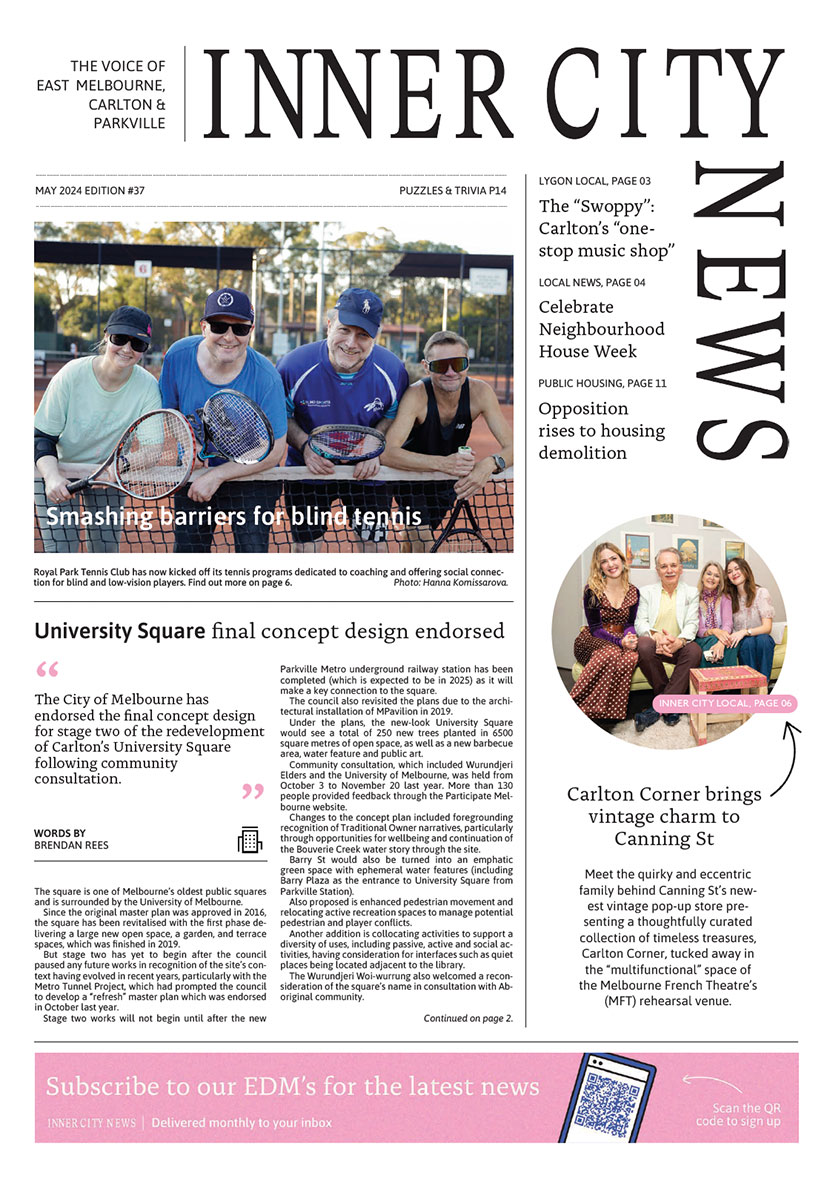Forgotten purposes
Words by Jacob Caine, Caine Real Estate
As time passes it is easy to forget the reason why we did something … this is a mistake.
The United Nations (UN) has many critics littered throughout its 193-nation-state membership. Toothless, ineffectual, moral-relativist, “appeasist” and anti-Semitic are but a few of the labels often sewn onto the fabric of condemnation for this much-maligned international body. Depending on one’s perspective and interpretation these criticisms may be valid.
Perhaps a more relevant question to ask, however, isn’t whether these assessments are accurate, but whether they judge the efficacy of the organisation’s foundational purpose?
The UN was created in 1945 following the almost unfathomable devastation of consecutive world wars. Today it states its central mission is “the maintenance of international peace and security”, but at the time, the purpose of its establishment was far more explicit: to prevent another world war. This purpose remains built-in to its organisational structure.
Then-U.S. President Franklin D. Roosevelt (FDR), crucial in the conception of the UN, envisaged “four policemen” (the U.S., China, Soviet Union, and Great Britain) ensuring, even enforcing, security and peace across the globe. FDR’s dream of a “four-power alliance” was never realised, his intended structural power-base, however, remains intact.
The Security Council is the core decision-making entity within the UN, and to this day comprises those same world powers (plus France) both as permanent members (P5) and those with the most influence. In some respects, the P5 represents the UN’s greatest strength and its greatest weakness – both can be simultaneously true.
While the “veto” rights of the P5 members have been used often and cynically to quash constructive resolutions put before the Security Council, the fact that all five nations continue to participate despite see-sawing levels of hostility during the intervening 75 years, must be considered a success.
That the UN endures in a world that has, so far, avoided the catastrophic consequences of a third world war for more than three-quarters of a century seems to make unarguable the claim that it has served its purpose. Posterity may even come to refer to this period as Pax Unitis Gentibus.
The U.S. mission in Afghanistan was initiated with the purpose of hunting down and bringing to justice those that had planned, supported and facilitated the September 2001 attacks on American soil. By some measures, those strategic objectives were effectively met in the initial military campaign, and perhaps, were it not for the unfortunate escape of Osama Bin Laden and the al-Qaeda leadership from Tora Bora, the war might have ended as early as December 2001.
From there, however, mission objectives morphed, capitulating to “scope creep” they became simultaneously a war on terror (a methodology, not a nation or ideology) and an exercise in nation-building. As Henry Kissinger recently observed in a piece for The Economist, referring to U.S. ambition in Afghanistan, “the military objectives have been too absolute and unattainable and the political ones too abstract and elusive”.
Twenty years, hundreds of thousands of lives, and trillions of dollars later, the Afghan people, those personnel who served in Afghanistan, and people around the world are entitled to ask again – what was the purpose of that war?
In March 2020, as it became clear to political leaders in Australia, and around the world, that COVID-19 was a very real and very present danger, decisions were made to enact extraordinary powers, though only temporarily, to provide our governments, state and federal, with a window of opportunity to prepare for the coming storm.
Even then, in those unnerving and eerie early stages of the global pandemic there was an understanding, at least at the policymaker level, that managing this disease rather than defeating it would likely be a reality our world would need to accept.
Closed international borders, stay-at-home orders, curfews, exercise limits, and industry restrictions would serve the purpose of giving our governments the chance to put in place the systems and infrastructure that could allow Australians to live with this virus.
The Australian population valiantly complied, sacrificing much in an effort to support the strategy, and the nation. Those hard decisions were the right decisions. They stymied the spread of the virus, saving countless lives, and provided that essential window of opportunity to fulfil their original purpose – preparation.
Eighteen months later as tens of millions of Australians continue to languish under desolate lockdowns, while state and federal politicians disagree on “COVID-zero” and “living with COVID”, and debate escalates about how and when this nation will “open up”, it would be very easy to forget just what the purpose of “locking down” actually was.
Perhaps, a new purpose will be necessary for a weary people to persevere and see this through ... but forgetting where and why we began this mission would be a mistake •
Caption: Jacob Caine is in his final semester of a Masters in International Relations at Harvard University (DCE) majoring in International Security, and is Chief Executive Officer of Caine Real Estate.

Carlton Corner brings vintage charm to Canning St



 Download the Latest Edition
Download the Latest Edition